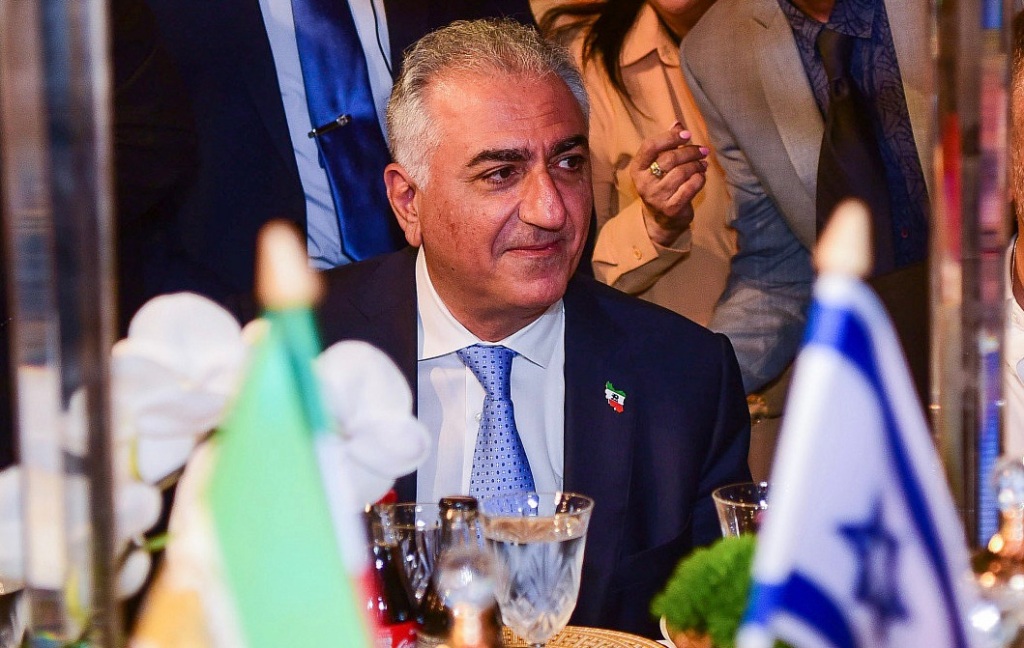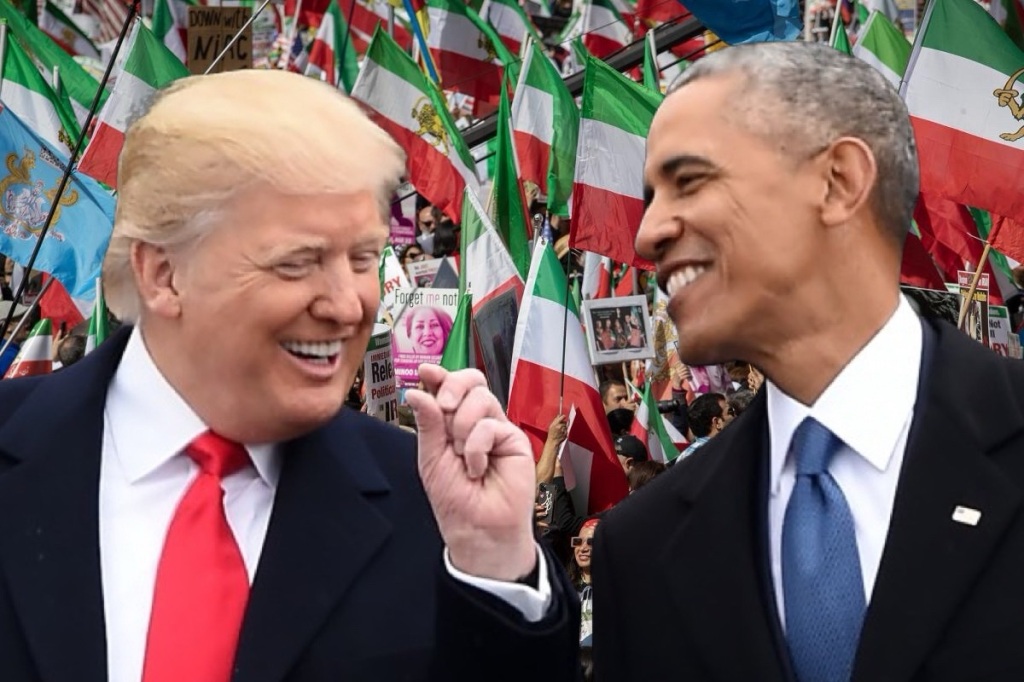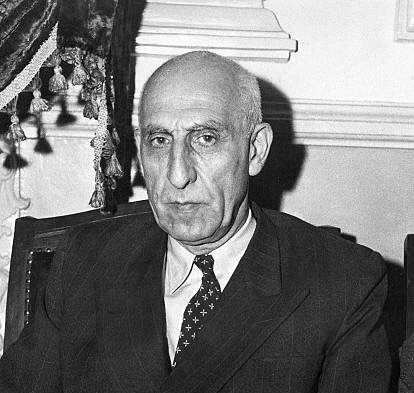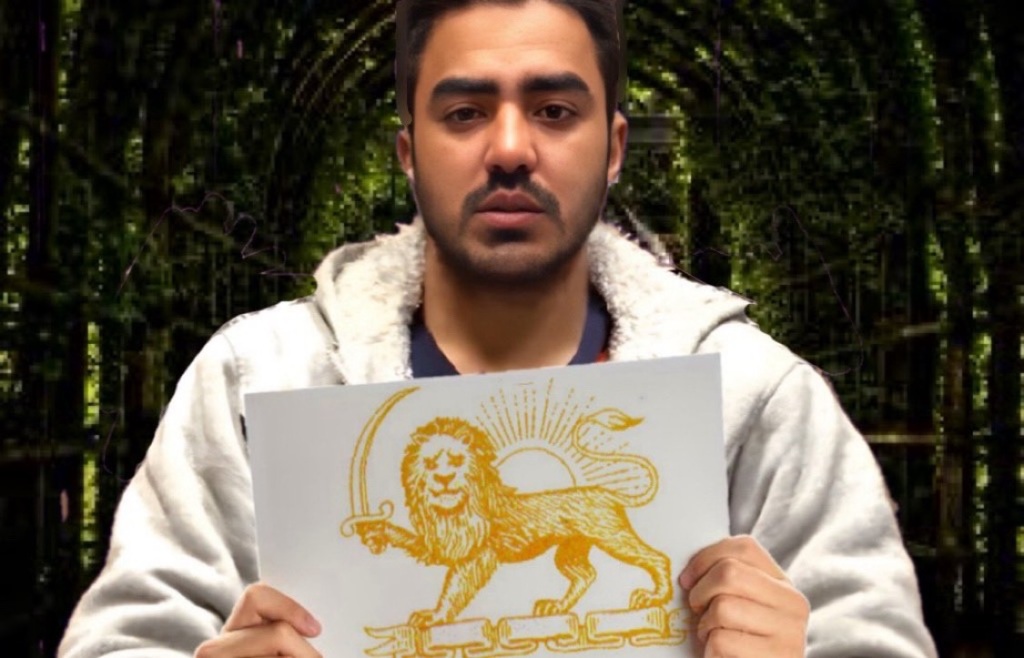Charlene Savadkouhi
The relationship between Iran and Israel has been complex, shaped by historical, political, and culturalfactors. Before the 1979 Islamic Revolution in Iran, the two countries had a relatively close relationship, characterized by diplomatic ties, economic cooperation, and cultural exchange. However, the rise of the Islamic Republic fundamentally altered this relationship, leading to decades of hostility and animosity between the two nations.
Looking towards the future, there is potential for a renewed relationship between Iran and Israel, one that is based on mutual interests and shared goals. Without the constraints imposed by the Islamic Republic, both countries have the opportunity to rekindle their historical ties and forge a new path forward.
Diplomatic and Political Relations Before the Revolution of 1979
Before the 1979 revolution, Iran and Israel maintained diplomatic relations. In the political and diplomatic arena, Israel and Iran shared strategic interests, particularly in countering common regional threats. These ties included extensive cooperation in security and intelligence, highlighting the depth of the bilateral relationship. Israeli diplomats stationed in Tehran and cultural exchange programs promoting mutual understanding.
Cultural and Economic Exchange
The cultural and economic exchanges between the two countries were robust, with numerous Israeli businesses operating in Iran and contributing to various sectors, including technology and defense. This period of cooperation was marked by mutual benefits and a shared vision for regional stability and development. Israeli businesses were active in Iran, particularly in the fields of agriculture, technology, and defense. Iranian Jews lived peacefully alongside their Muslim neighbors, contributing to the cultural diversity of Iranian society.
Architectural and Urban Planning
Architectural and urban planning collaborations between Iran and Israel were also prevalent before the revolution. Israeli architects worked on projects in Iran, contributing to the modernization of the country’s infrastructure. The Israeli involvement in these projects facilitated the development of modern urban spaces that were crucial for Iran’s growth during the Pahlavi era.
These projects included modern residential towers and comprehensive urban planning initiatives, which were instrumental in the modernization of Iranian cities during the Pahlavi era. Examples of this collaboration can be seen in the design of residential towers and urban planning initiatives in cities like Tehran, Isfahan, and Qazvin.
Israeli architects made significant contributions to Iran’s urban landscape. Moshe Bashan, for example, was involved in the design of Eskan Towers, a residential complex in Tehran known for its innovative architectural style. Other Israeli architects worked on projects ranging from government buildings to private residences, leaving a lasting impact on Iran’s architectural heritage.
Jews in Iran Before the 1979 revolution
Entrepreneurial Ventures
Iranian Jews played a significant role in the country’s economy and society. Many Jewish entrepreneurs were prominent figures in Iran’s business community, contributing to various industries such as textiles, finance, and manufacturing. Israeli entrepreneurs were also active in Iran, contributing to the economy and fostering innovation. For example, the Hayim brothers were prominent figures in the Iranian textile industry, operating the Rika Shahr Textile Company. Their success exemplifies the significant role of Jewish entrepreneurs in Iran’s economic landscape during the Pahlavi era.
For example, Habib Elghanian, a prominent Iranian Jewish businessman, was known for his philanthropy and contributions to the Iranian economy. He founded Plascokar, a successful plastics manufacturing company, and was a key figure in the development of Iran’s industrial sector.
These examples highlight the rich history of cooperation and collaboration between Iran and Israel before the 1979 revolution. By leveraging their shared history, common heritage and mutual interests, both countries have the potential to rekindle their relationship and forge a new path forward based on cooperation and mutual respect and prosperity.
How Israelis Can Help Iran in a Free Iran
Overview
In a future where Iran is free from the constraints of the Islamic Republic, Israel and Iran could rekindle their historical ties, leading to mutual benefits in various sectors. The visit of The Crown Prince, Reza Pahlavi, the exiled son of the last Shah of Iran, to Israel is a significant step towards fostering a potential partnership. This report explores the areas where Israelis can assist in rebuilding and modernizing Iran, emphasizing the importance of Reza Pahlavi’s trip in this context.
Economic Collaboration
Agricultural Innovation
– Water Management: Israel is a global leader in water management and desalination technologies. Iranian agriculture, which struggles with water scarcity, could benefit immensely from Israeli expertise in drip irrigation, water recycling, and desalination.
– Advanced Farming Techniques: Collaboration on agricultural technology can help improve crop yields and food security in Iran. Israeli innovations in precision farming and biotechnology could revolutionize Iranian agriculture.
Technology and Start-Ups
– Tech Transfer: Israel’s thriving tech ecosystem, known as “Silicon Wadi,” offers a blueprint for fostering innovation in Iran. Israeli companies could help establish tech incubators and accelerators in Iran, promoting entrepreneurship and technological advancements.
– Cybersecurity: As Iran looks to modernize its digital infrastructure, Israeli expertise in cyber security can ensure safe and resilient systems, protecting against cyber threats.
Infrastructure and Urban Planning
Architectural Expertise
– Urban Development: Israeli architects and urban planners have previously worked on significant projects in Iran during the Shah’s era. Renewed collaboration can aid in modernizing Iranian cities, focusing on sustainable and efficient urban designs.
– Housing Projects: Addressing Iran’s housing crisis requires innovative solutions. Israeli experience in large-scale residential projects could help meet the growing demand for affordable housing.
Renewable Energy
– Solar Energy: With its vast deserts, Iran has great potential for solar energy. Israel’s advancements in solar technology can help Iran diversify its energy sources, reducing reliance on fossil fuels and promoting environmental sustainability.
Health and Medical Fields
Medical Technology
– Healthcare Improvements: Israeli medical technologies and practices can significantly enhance Iran’s healthcare system. Partnerships in medical research and the introduction of advanced medical devices can improve patient outcomes.
– Pharmaceuticals: Collaboration in the pharmaceutical industry can lead to the development of new drugs and treatments, benefiting both nations.
Cultural and Educational Exchange
Academic Partnerships
– Educational Exchanges: Establishing academic exchange programs between Iranian and Israeli universities can foster mutual understanding and innovation. Joint research initiatives can address regional challenges and promote scientific advancements.
– Cultural Collaborations: Reviving cultural ties through art, music, and literature can strengthen the social fabric between the two nations, promoting peace and understanding.
Significance of Crown Prince Reza Pahlavi’s Trip to Israel
Reza Pahlavi’s visit to Israel marks a pivotal moment in the potential re-establishment of Iranian-Israeli relations. This trip symbolizes a commitment to a future where both nations can collaborate for mutual prosperity.
Political Symbolism
– Renewed Diplomatic Ties: Pahlavi’s visit signals a willingness to restore diplomatic relations, emphasizing the importance of political cooperation in addressing regional issues and promoting stability.
– Unified Stance Against Extremism: By aligning with Israel, Pahlavi represents a unified stance against the extremism propagated by the Islamic Republic, advocating for a secular and democratic Iran.
Economic and Security Cooperation
– Joint Ventures: Pahlavi’s discussions with Israeli leaders can lay the groundwork for future economic collaborations, including joint ventures in technology, agriculture, and infrastructure development.
– Regional Security: Enhanced cooperation in security and intelligence can help both nations combat terrorism and ensure regional stability.
Conclusion
The potential for a renewed relationship between Iran and Israel is vast, with significant benefits in economic, technological, and cultural spheres. Reza Pahlavi’s trip to Israel is a crucial step towards realizing this potential, highlighting a shared vision for a future where both nations thrive in cooperation and peace.
A future relationship between Iran and Israel without the Islamic Republic could see the revival of the old ties. Both countries have much to gain from cooperation in areas such as trade, technology, and security. Israel, with its advanced technology sector, could assist Iran in modernizing its economy and infrastructure. Iran, with its rich cultural heritage and strategic location, could serve as a bridge between Israel and the wider Middle East.





Leave a comment